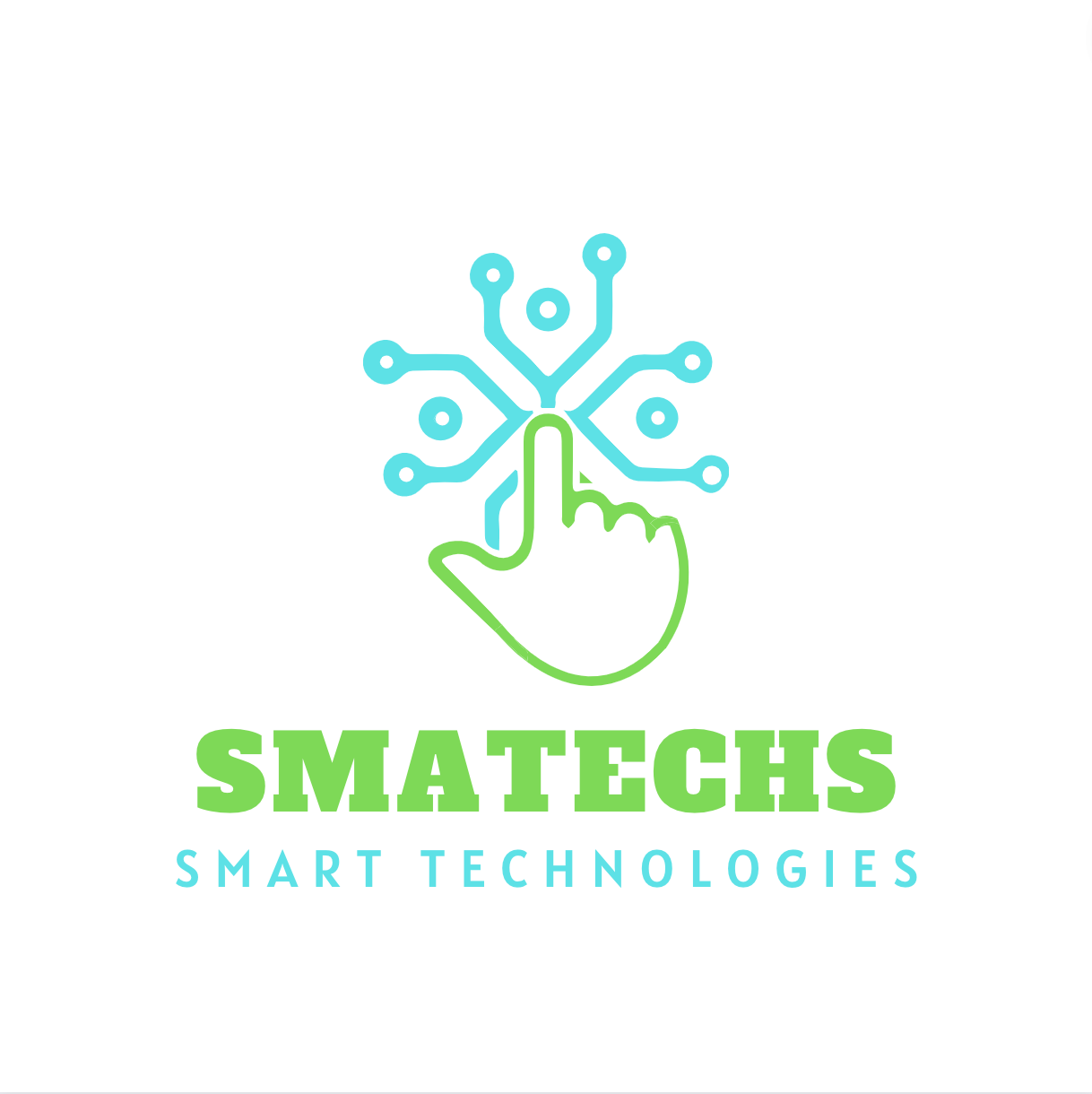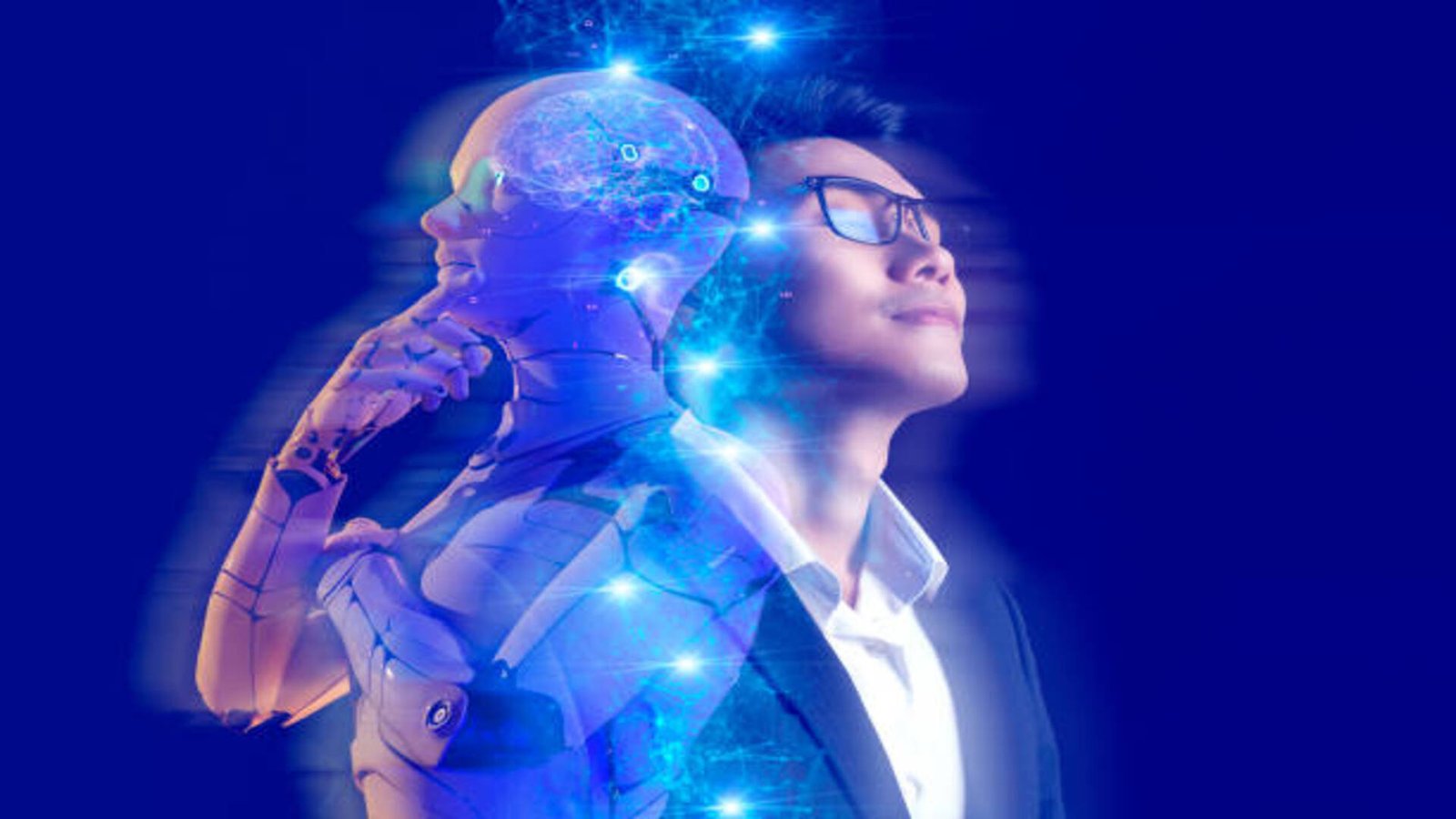
What Are The Characteristics Of Autonomous Learning?
Autonomous Learner And The Use Of AI
What do you mean by an autonomous learner? It means the learner has self-motivation, logical intelligence, and self-discipline. The teacher does not give any instruction or direction to the learner. He decides on his path and works on achieving the goal. An autonomous learning is always of his own techniques and actions. The same concept can be applied to the world of AI. An autonomous or AI-driven learning system does not wait for humans to code rules. Machine learning algorithms power the AI system to help it make a decision.
Autonomous AI Learning System And Its Characteristics
Driven by Artificial Intelligence, autonomous learning systems have a number of characteristics different from traditional AI solutions.
Use ML algorithms based on the type of tasks
Autonomous learning has the ability to learn new things from vast datasets with advanced ML algorithms. Depending on insights and patterns, it can make well-informed decisions. Thus, with Machine Learning techniques, AI helps with unsupervised, supervised, and reinforcement learning. They are highly useful for optimization, classification, and pattern recognition.
A supervised learning process refers to the system’s ability to learn something new from well-labelled examples. It can map input data to the relevant output labels. In the case of unsupervised learning, there is unlabeled data. On the contrary, reinforcement learning involves interaction with an environment to learn something new.
Self-Optimizing Power
Autonomous AI learning systems can manage data processing in real-time, make decisions quickly, and optimize their performance in different sectors. Thus, the autonomous activity of optimizing performance is highly advantageous. AI systems analyze data and make adjustments for better efficiency. You can find their application in self-driving vehicles. The advanced system learns continuously from the surroundings to ensure your safety and improve navigation.
Predictive Capability
Predictive analytics involves learning from the past data used by the machine to make future decisions. AI can learn and identify patterns through iterative data processing.
An autonomous AI learning system predicts future behaviours and trends based on analytics of historical data. This capability of AI is highly useful for autonomous systems, which are designed to make decisions in varied environments. So, AI-based self-learning systems learn only from experience and autonomously improve themselves.
Transfer Learning
In a traditional ML system, you need to train a model from scratch. It leads to the waste of time and the use of significant computational resources. But, as AI allows transfer learning, it harnesses pre-existing models trained on a large dataset. The pre-trained models have acquired valuable patterns and features that you can transfer seamlessly to the important task. Thus, AI models leverage knowledge obtained in a particular domain and use it for another to accelerate the learning process. It is highly advantageous when you have limited data or the data is costly to collect.
Some Applications Of Autonomous AI Learning Systems-
Several industries have started investing in AI systems due to their autonomous learning capabilities. Learn about their applications and implement technology for your business.
Autonomous Cars: The increasing use of AI algorithms has led to the emergence of autonomous vehicles. These cars take advantage of AI technology to learn from different sensor inputs. They adopt to almost any road conditions and refine their capability of navigating safely. Thus, in self-driving cars, Artificial Intelligence is used for predictive modelling and decision-making.
Industrial Automation: In the manufacturing sectors, autonomous systems adapt to any production conditions. They not only learn from the past data but also optimize processes. Autonomous AI systems can predict potential safety issues in different industrial environments. They analyze data from sensors and help with proactive risk management. You can implement safety measures by leveraging AI-powered systems.
Chatbots: Autonomous chatbots driven by AI and ML algorithms learn from the data obtained and analyze the patterns. The algorithms allow the chatbot to identify user intent, preferences, and other factors. Autonomous chatbots understand the context during online conversations and remember past interactions to provide relevant information. Chatbots can also update their capabilities and knowledge, ensuring their effectiveness in assisting users.
Conclusion
Autonomous AI systems adapt easily to almost any environment. It can improve its performance consistently without any interaction with humans. Besides, complicated tasks can be automated easily with this technology. Autonomous learning systems help in creating AI applications that operate efficiently in dynamic, complex, and unpredictable environments. That is why several industries have started using these AI-based autonomous learning systems.





